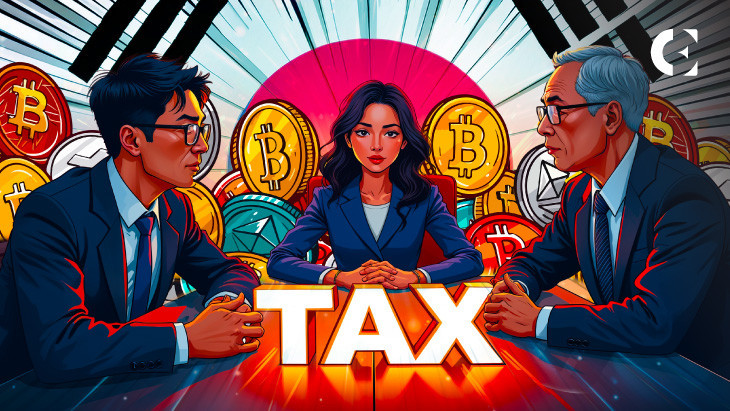The South Korean National Assembly postponed a plenary session originally scheduled for November 26 due to political conflicts over the proposed taxation of virtual assets.
The Strategy and Finance Committee had planned the plenary session to address the virtual asset taxation issue, among others. However, disputes between the ruling People Power Party (PPP) and the opposing Democratic Party of Korea led to the session’s cancellation.
The DPK wants to adopt the crypto tax as planned, while the PPP wants a two-year delay, citing the need to address the growing crypto market.
Conflicts over other issues, such as inheritance tax policies, also contributed to the delay. The Planning and Finance Committee, which has representatives from both parties, must now resolve these matters through further deliberations.
Debate Over Tax Exemption Thresholds
The Democratic Party has proposed raising the virtual asset tax exclusion limit from the current 2.5 million won to 50 million won. This measure, they say, would reduce the number of taxpayers, affecting only 3,500 high-net-worth individuals among South Korea’s estimated 8 million crypto investors.
According to Policy Committee Chairman Jin Sung-joon, this adjustment would ensure that only investors with assets exceeding 1 billion won would be subject to taxation.
Despite these proposed changes, internal disagreements remain within the Democratic Party. Although the party plans to push for the revised exemption limit, the decision on crypto taxation will depend on further discussions and consensus, similar to how financial investment income tax regulations were handled.
Implementation and Infrastructure Challenges
Even though the Democratic Party plans to implement the virtual asset tax by January 2025, technical and logistical concerns remain an obstacle.
Read also: South Korea Debates Raising Crypto Tax Exemption to $35,900
Ruling party leader Han Dong-hoon says it’s necessary to address these challenges, particularly when it comes to building infrastructure to ensure efficient tax collection. He also believes it’s important to recognize virtual assets as legitimate investment tools rather than speculative ventures, a sentiment that resonates with younger investors.
Disclaimer: The information presented in this article is for informational and educational purposes only. The article does not constitute financial advice or advice of any kind. Coin Edition is not responsible for any losses incurred as a result of the utilization of content, products, or services mentioned. Readers are advised to exercise caution before taking any action related to the company.
 coinedition.com
coinedition.com
